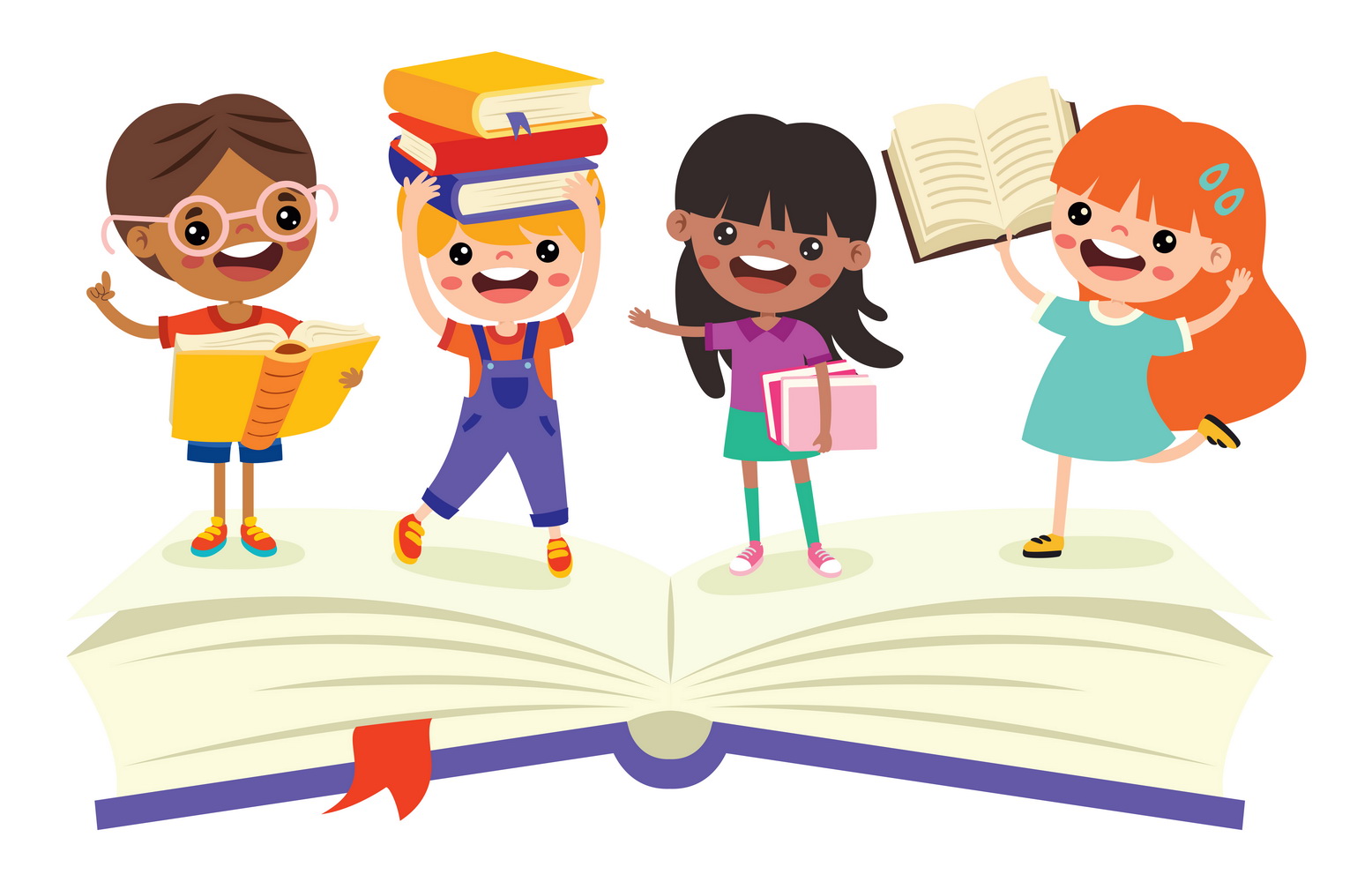Basic Addition Skills Building Vocabulary Worksheets for Ages 3-8
8 filtered results
-
From - To
Unlock your child's mathematical potential with our "Basic Addition Skills Building Vocabulary Worksheets" designed for ages 3-8. These engaging, interactive worksheets help young learners develop foundational addition skills while enriching their vocabulary. Tailored for early education, our fun activities turn learning into a delightful adventure, making it easy for kids to grasp essential concepts. Each worksheet features colorful illustrations and relatable scenarios to enhance understanding and retention. Whether at home or in the classroom, these resources foster confidence and proficiency in early math skills. Empower your child with the tools they need to succeed by downloading our worksheets today!
Basic addition skills and vocabulary building are crucial for children aged 3-8 because they lay the foundation for lifelong learning in mathematics and communication. Early exposure to mathematical concepts, such as addition, cultivates critical thinking and problem-solving abilities. It helps children develop a positive attitude towards math, which is essential for their future academic success. Mastery of basic addition encourages confidence and curiosity, as they begin to make connections between numbers and real-life situations.
Moreover, building vocabulary alongside math skills enhances a child’s ability to express their mathematical thinking clearly. As they learn terms related to addition—like sum, plus, more, and total—they become adept at understanding and communicating their thoughts in a structured way. This dual focus on math and language facilitates overall cognitive development.
Additionally, strong addition skills are relevant in everyday situations, making math practical and relatable. Parents and teachers can engage children in fun, interactive activities that integrate both addition and vocabulary, reinforcing learning through play. Investing time in developing these essential skills promotes a love for learning and prepares children for more complex mathematical concepts in the future, ensuring they become well-rounded, confident learners.
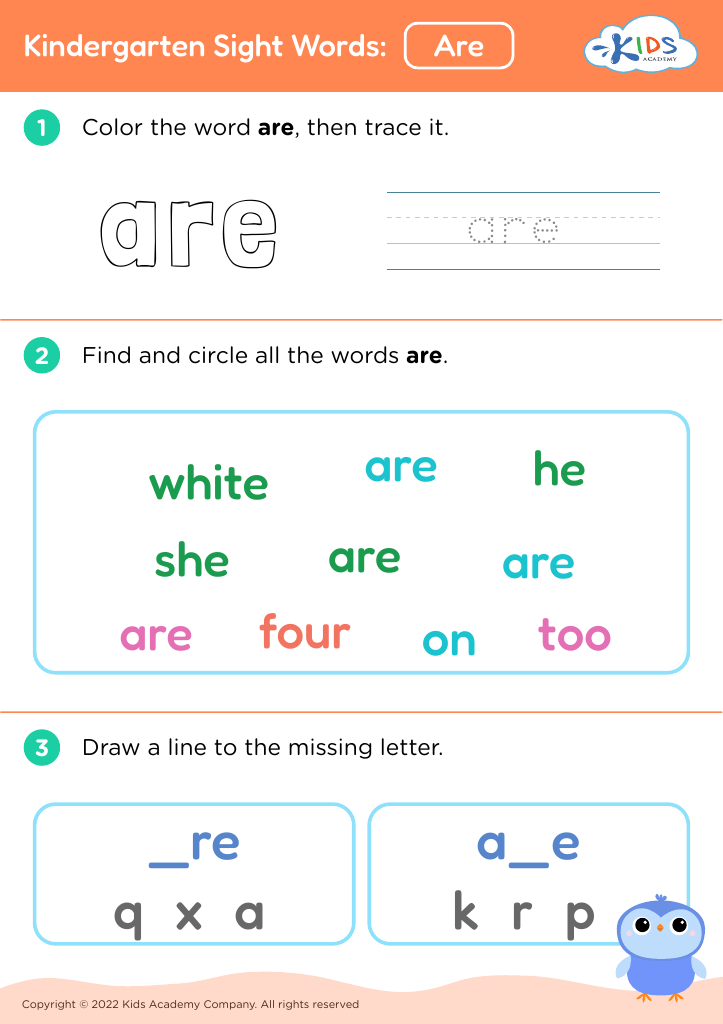










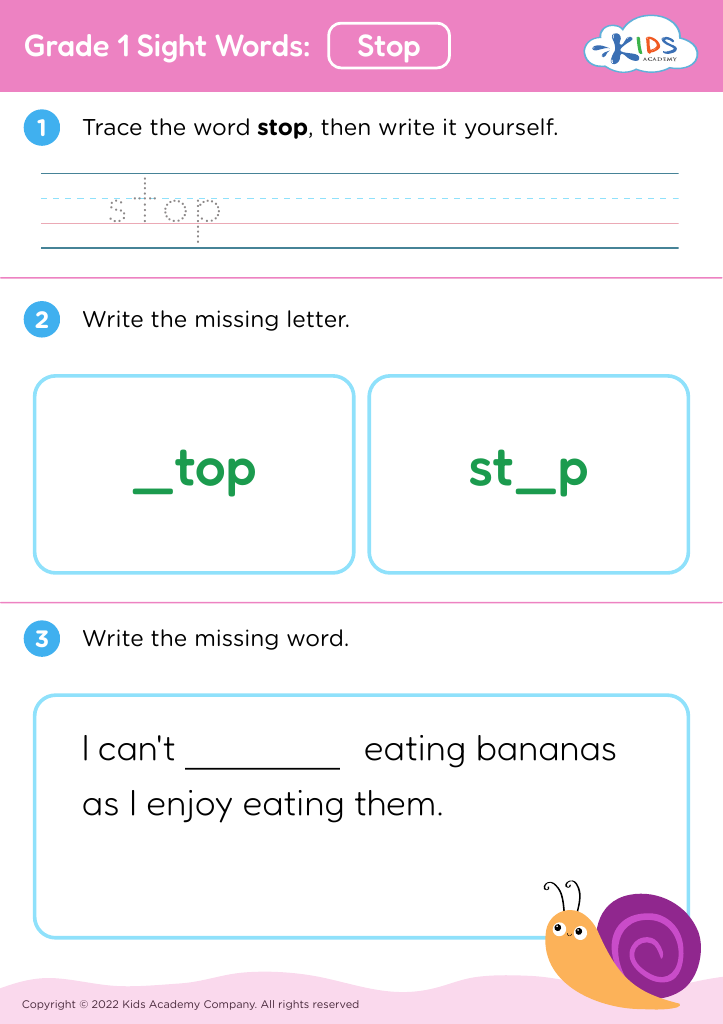
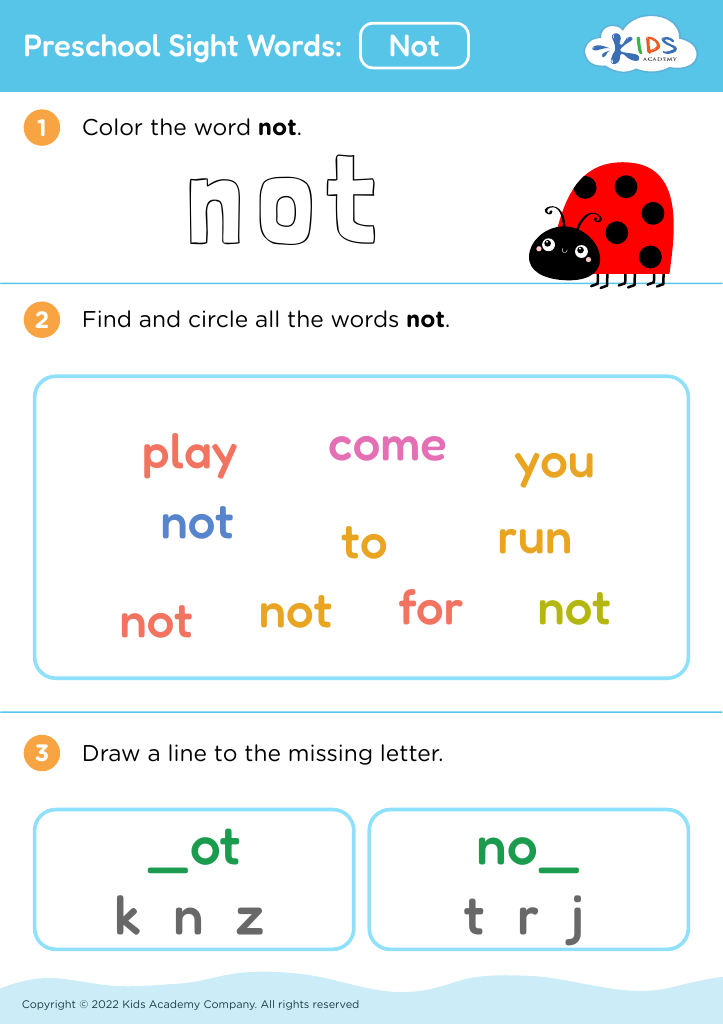

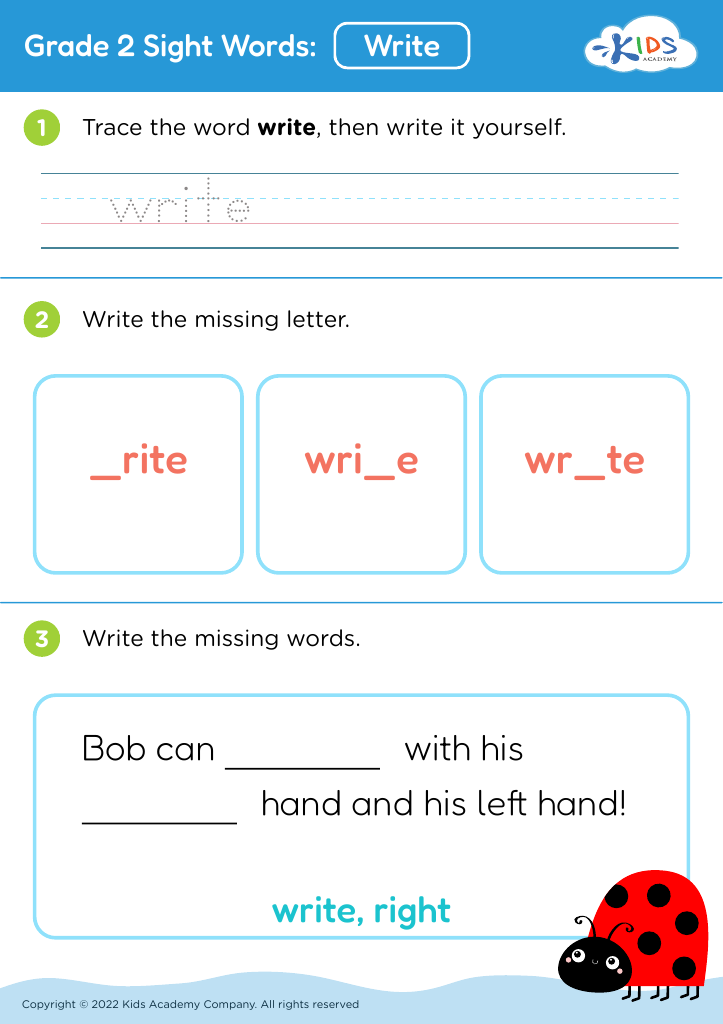

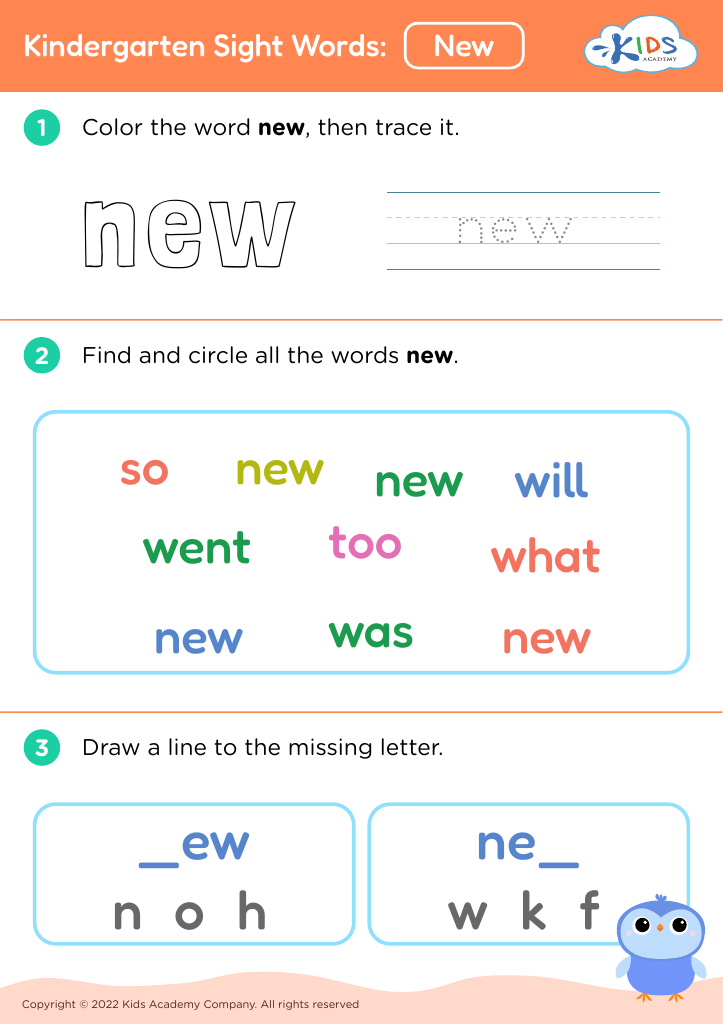
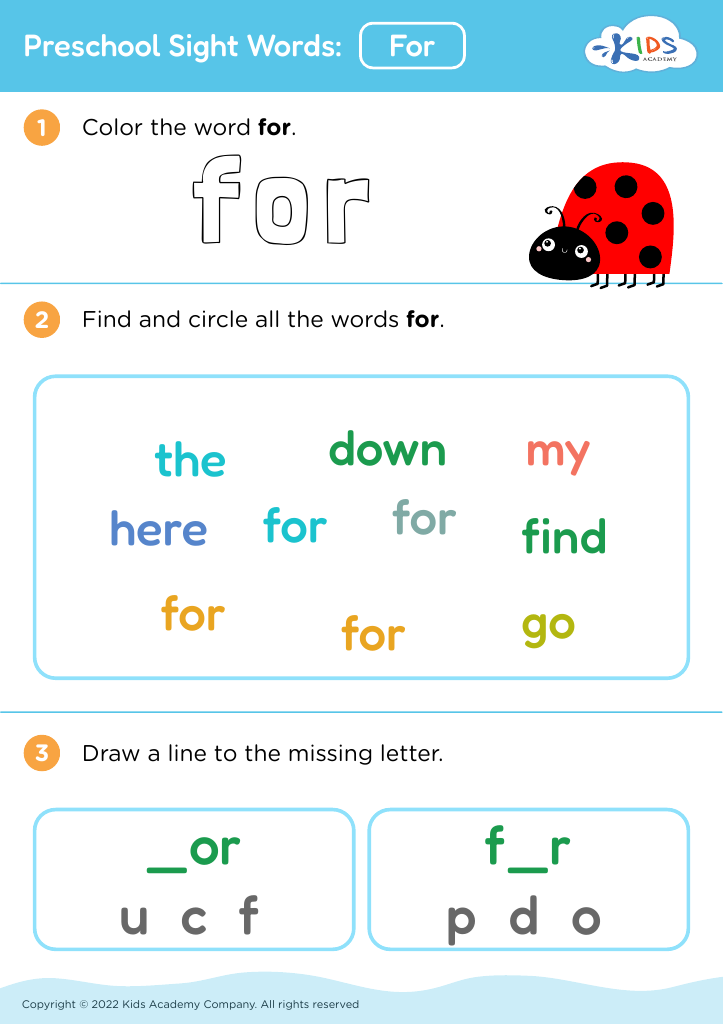





.jpg)

